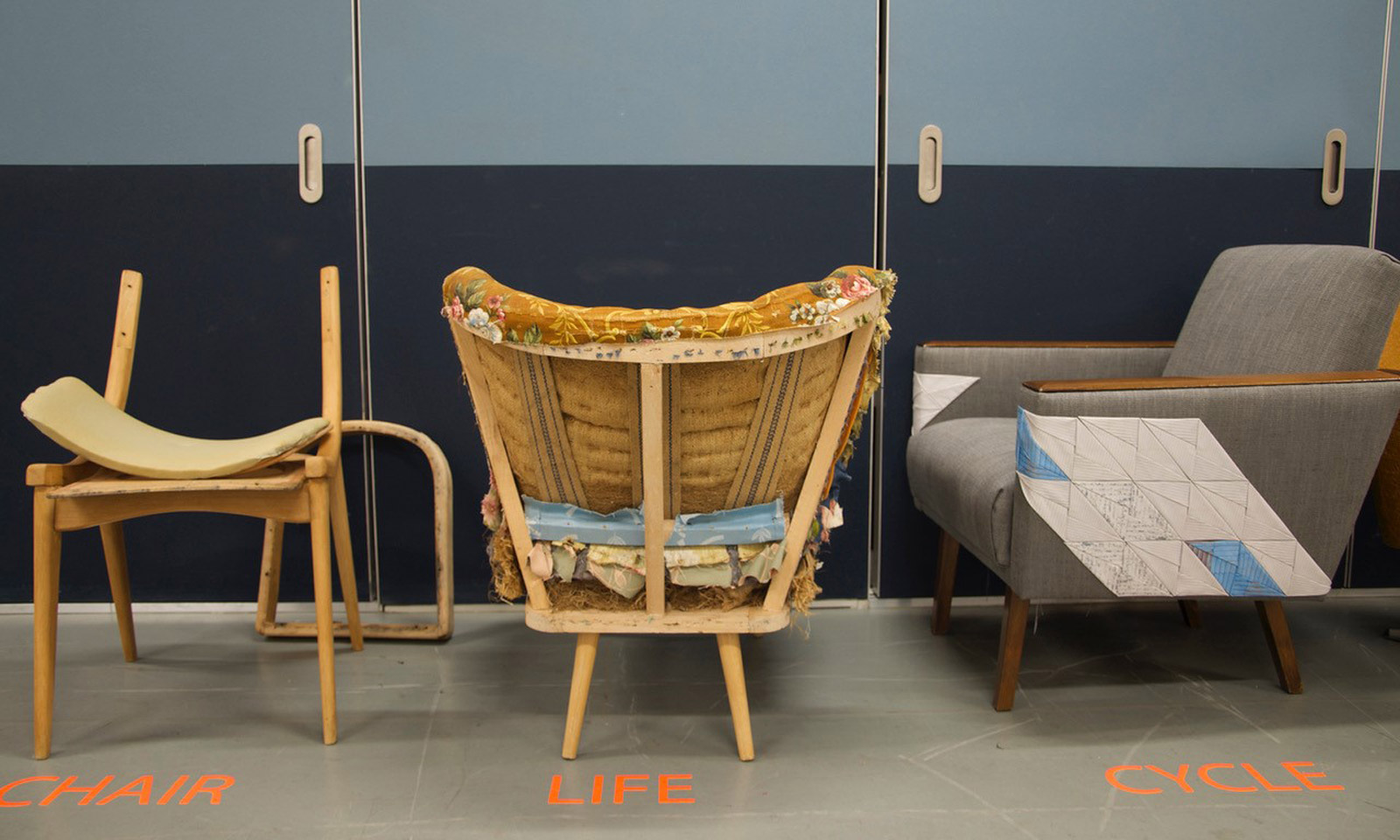
Sustainability? We can all do more
Monthly Column By Claire Menzies
I started in the exhibitions industry in the mid-90s, which was then something of a horror show in terms of sustainability. The over-riding culture was one of ‘build and burn’, with non-biodegradable materials off-loaded straight to landfill. Inspired to counter this, a founding principle of our business was to be sustainable in any way we could, from design modularity to the use of recyclable materials and the push for multiple and innovative uses of kit across sectors.
Sustainability has been a driving force ever since. I was one of the first members of the British Business Council for Sustainable Development (BCSD) and helped pioneer the first Sustainable Exhibitions Industry Report in 2002. I became involved with International Synergies, inspirational circular economy leaders, and in 2008 was asked to join their board. Through this, I joined the London Olympics 2012 Steering Committee, helping to create the world’s first ever fully-sustainable event. Our exhibitions, events and experience agency, Ignition, subsequently became the industry’s first to receive an ISO 2012-1 accreditation.
So, what more can we all do today? Well, for the furniture industry in particular, there’s certainly plenty of scope. A 2017 EEB report claimed that implementing circular economy principles into the EU’s furniture industry could create up to 157,000 jobs and save around six million tonnes of CO2, via four main principles:
• Stricter criteria for eco-design, including restrictions on chemicals usage
• Better business models to cut furniture waste
• Incentives to take back discarded furniture and mandatory producer responsibility schemes
• Life-cycle impact information for procurers, repairers and recyclers, as well as consumers.
Defra, meanwhile, announced funding in February for five UK companies working in innovative digital solutions to challenge waste tracking from source to treatment to final disposal.
Above all, we need to change our thinking about waste and see it as a resource rather than a nuisance. More than ever, as climate change worsens, we need to be imaginative and go beyond legal minimums. As Greenpeace reminds us, there is no Planet B!
Claire Menzies, Chairwoman, Istoria Group
Image courtesy of Ella Doran




